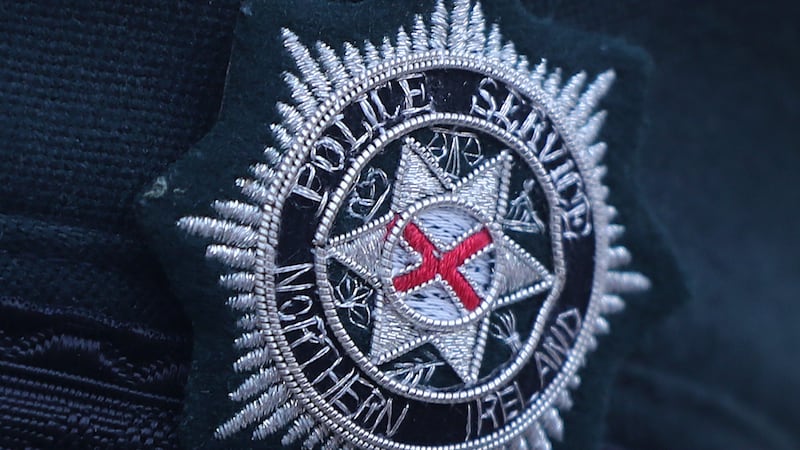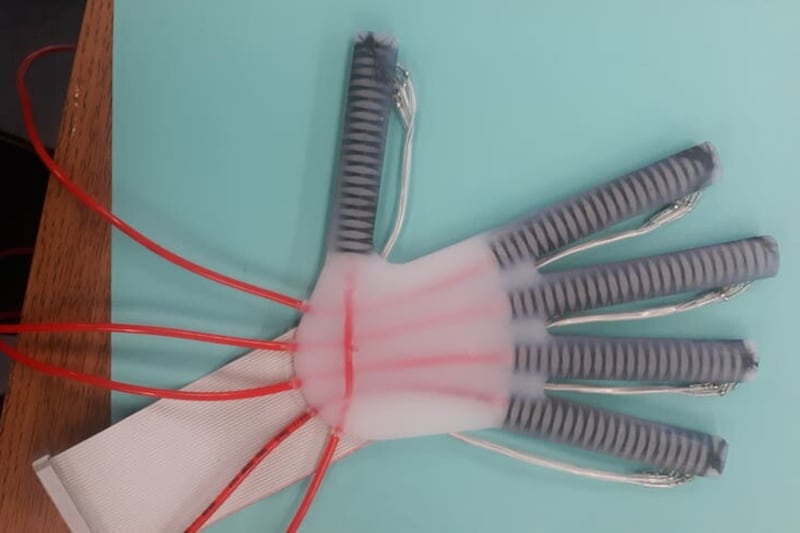A CO Derry woman has spoken out about the help she received when she lost the ability to speak after suffering a stroke in a bid to highlight Aphasia Awareness Month.
A world without communication is an everyday reality for the 350,000 stroke survivors across the UK, like Jessie McConkey from Coleraine, who is living with aphasia - a communication disability - after she suffered a stroke in August 2019.
"Even now, if I can’t say the right word at the right time, I get very stressed and annoyed with myself," she said.
"I loved to chat with family and friends and so this new reality for me was so hard in the beginning."
Aphasia is common after a stroke, affecting one in three survivors in their ability to speak, read, write and use numbers.
The Stroke Association is marking Aphasia Awareness Month in June, which aims to encourage stroke survivors living with the condition to use the information and support available to help navigate the challenges aphasia brings.
While Ms McConkey had no lasting mobility effects following her stroke, she lost the ability to speak.
"I knew the words I wanted to say but I just couldn’t say them and I could hear myself making no sense at all," she said.
"I had to learn to speak all over again. It was just awful."
She said that before the stroke, she was "outgoing and chatty and now I’d get so cross and frustrated when I couldn’t make myself understood".
"It robbed me of my self-confidence," she added.
Ms McConkey received help from the Stroke Association’s speech and language therapy team on improving her speech and communication.
"My confidence started to return and I could tell my communication was getting better," she said.
"The team at the Stroke Association have given me my life back again.
"I’d lost so much after my stroke and my confidence was so low. The people I met at the Stroke Association sessions are like a part of my family.
"If I didn’t have this aphasia group I don’t know what I’d do."
Juliet Bouverie from the Stroke Association said "there is hope and the brain can recover and adapt" after a stroke.
"Stroke survivors with aphasia can make improvements as well as developing alternative ways of communicating," she said.
"Get in touch with the Stroke Association to find out how we can help.
"We’re here to support people with aphasia to rebuild their lives and to regain their confidence and independence."








